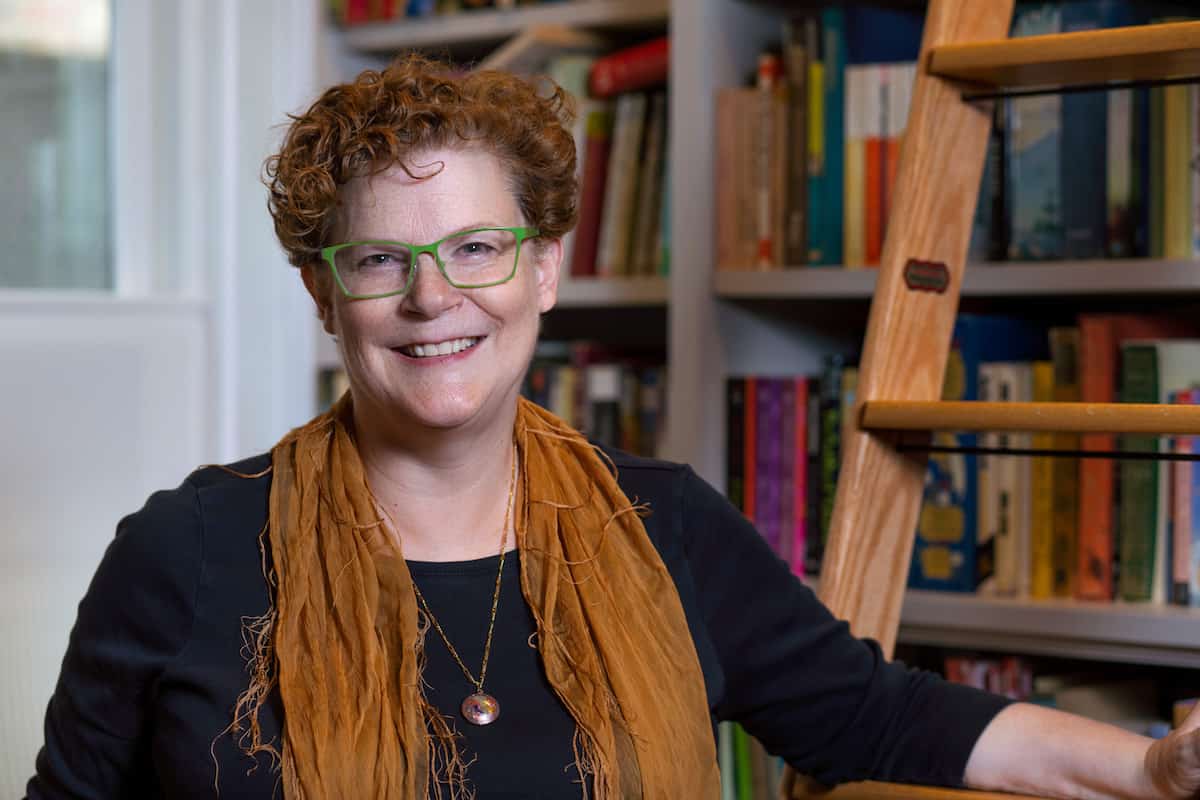Pamela Toler
The Official Bio:
Armed with a PhD in history, a well-thumbed deck of library cards, and a large bump of curiosity, author, speaker, and historian Pamela D. Toler translates history for a popular audience. She goes beyond the familiar boundaries of American history to tell stories from other parts of the world as well as history from the other side of the battlefield, the gender line, or the color bar. Toler is the author of ten books of popular history for children and adults, including Heroines of Mercy Street: Real Nurses of the Civil War, Women Warriors: An Unexpected History, and The Dragon From Chicago: The Untold Story of an American Reporter in Nazi Germany, due out in August, 2024. Her work has appeared in American Scholar, Aramco World, Calliope, History Channel Magazine, MHQ: The Quarterly Journal of Military History, Ms., Time.com and The Washington Post and has been featured in National Geographic.

The Story Behind the Official Bio:
Like many history buffs, history first caught my imagination through stories.
One of my favorite things to do when I was a child was to curl up next to my grandmother and ask her, "What did you do when you were a little girl?" From there it was a short step to reading biographies about historical women who ignored social boundaries and accomplished things—the kind that are written with the intention of inspiring young girls. My grade school's revolving library owned a whole series of them. Every week a new one arrived and I snatched it before anyone else could get it, eager to read about Clara Barton, Madame Curie or Julia Ward Howe.
By the time I was in high school, I was that nerdy kid who hung out at the local historical society and at Wilson Creek National Battlefield on the weekends and in the summer. (I even learned to shoot a muzzle-loading rifle—a skill I never expected to be useful on my resume.)
My life as a history buff took an unexpected turn when at the age of eight or nine I fell in love with Rudyard Kipling's Kim. (Did I mention the importance of stories?) Kipling's India put me on the path to a PhD in South Asia history.
It wasn't a straight path. And it wasn't a short one. The first day of my PhD program at University of Chicago, my advisor said, “You know there are no jobs, right?” I knew, but I didn’t care. Without the promise (or perhaps the threat) of a teaching job at the end of the road, I kept wandering down fascinating by-ways. I still do, every chance I get.
Today my goal is to write books about important historical topics that will engage history buffs and nerdy kids and the intelligent general reader. (That's you, right?) Accessible doesn't mean easy. The history I write often turns what we think we know about history inside out, or at least looks at the familiar from an unfamiliar angle. In doing so, I ask the reader, and myself, to look at the world today from a slightly different angle as well. The impact of this can be profound. If you are able to look at history from someone else's perspective for even a short time, you are more apt to see her as a person rather than "the other." When we re-introduce overlooked populations into the story, we discover that our history is bigger and more complex than we realized.
On the other hand, sometimes I just want to tell a good story. Pull up a chair.




